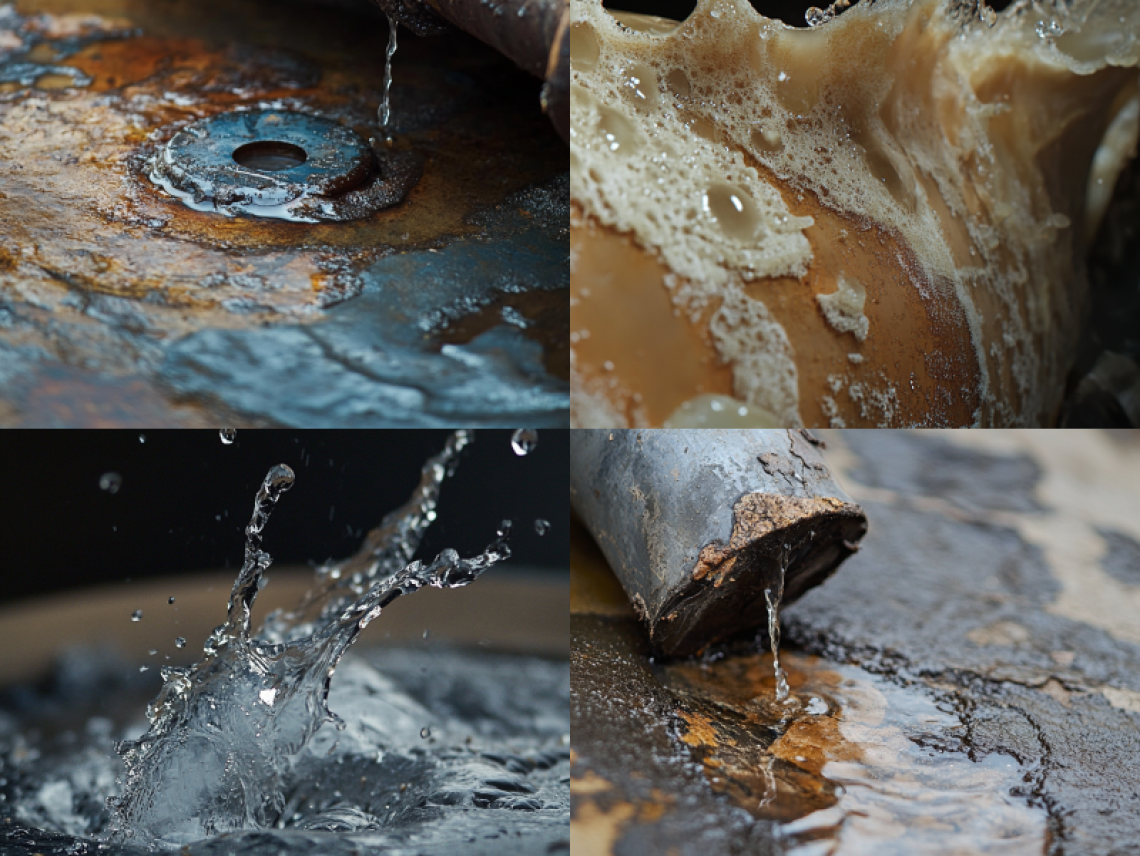
If you’re dealing with issues like fluctuating boiler pressure or strange noises, a faulty expansion vessel might be the culprit. Understanding how to spot a faulty expansion vessel is crucial for maintaining your central heating system and avoiding costly repairs. In this guide, we’ll discuss the role of the expansion vessel, common signs of failure, causes of malfunction, and steps you can take to keep your system in top condition.
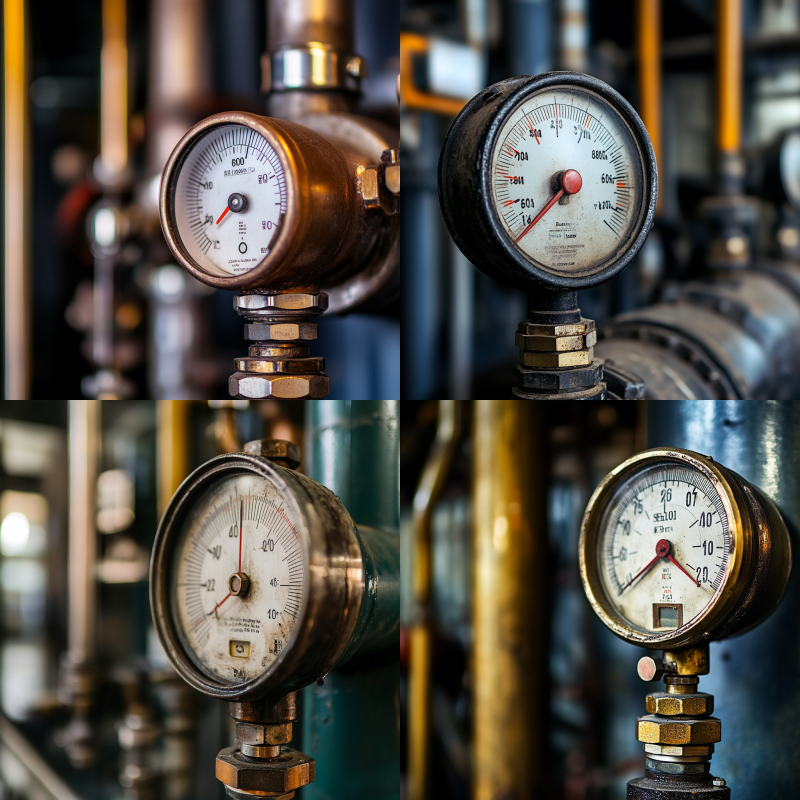
One of the most noticeable signs of a faulty expansion vessel is inconsistent boiler pressure. When the expansion vessel fails to absorb pressure, it can cause frequent fluctuations in the pressure gauge—dropping below normal levels or rising too high. This typically indicates a faulty expansion vessel that needs immediate attention.
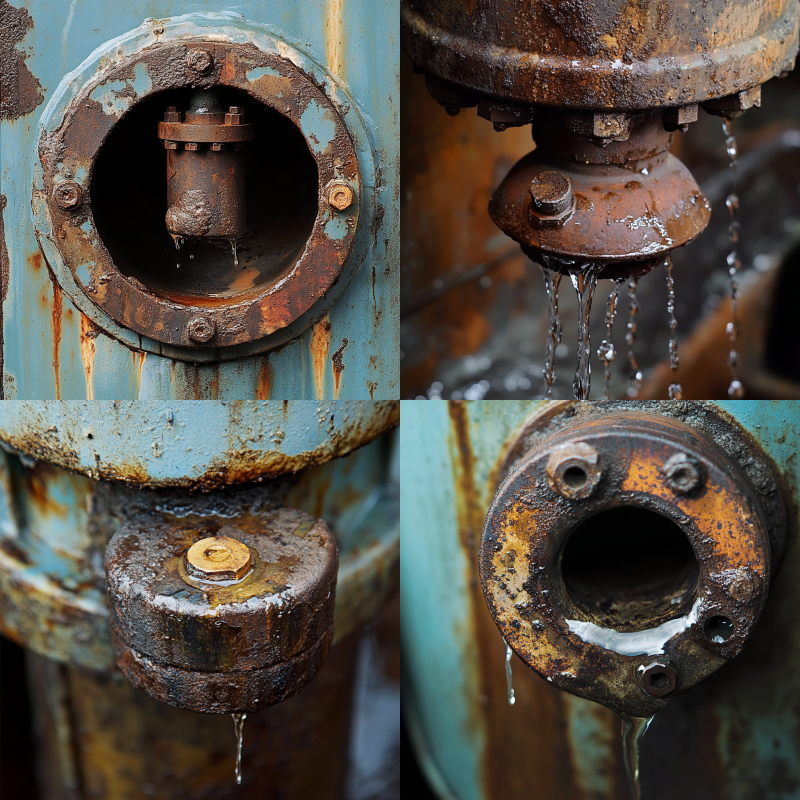
Water leaking around the faulty expansion vessel or safety valve is another warning sign. If the diaphragm in the vessel ruptures or corrodes, it can lead to leaks, affecting your heating system’s efficiency and causing water damage.
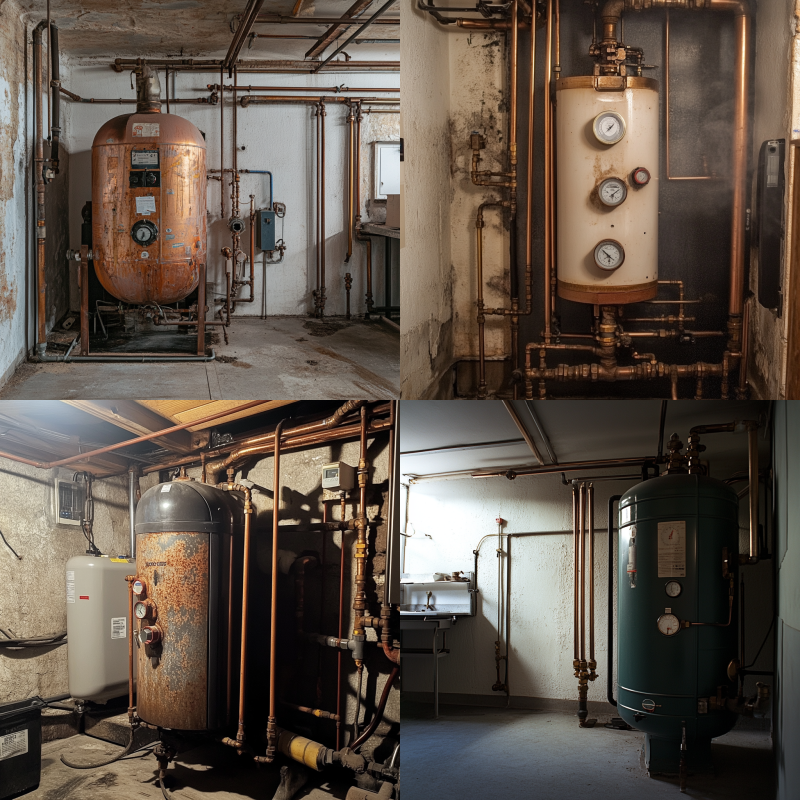
If you often find yourself repressurizing your system, it could be due to a faulty expansion vessel. The vessel may not be effectively retaining air pressure, which could cause the system to lose water and pressure regularly.
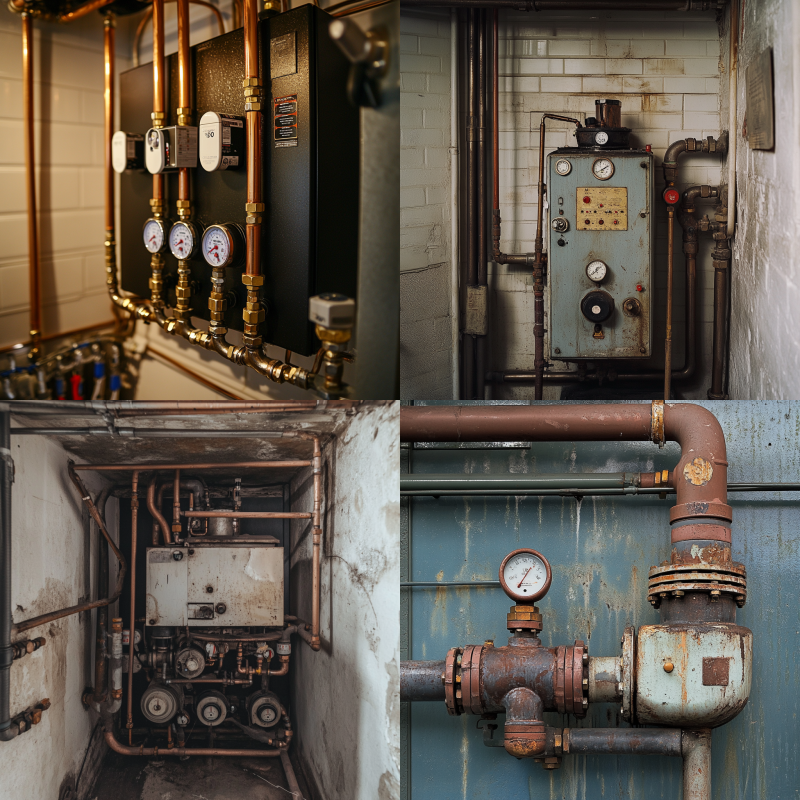
Banging or kettling noises from your boiler or pipes often indicate pressure issues related to a faulty expansion vessel. The fluctuating pressure causes the pipes to expand and contract, leading to disturbing sounds.
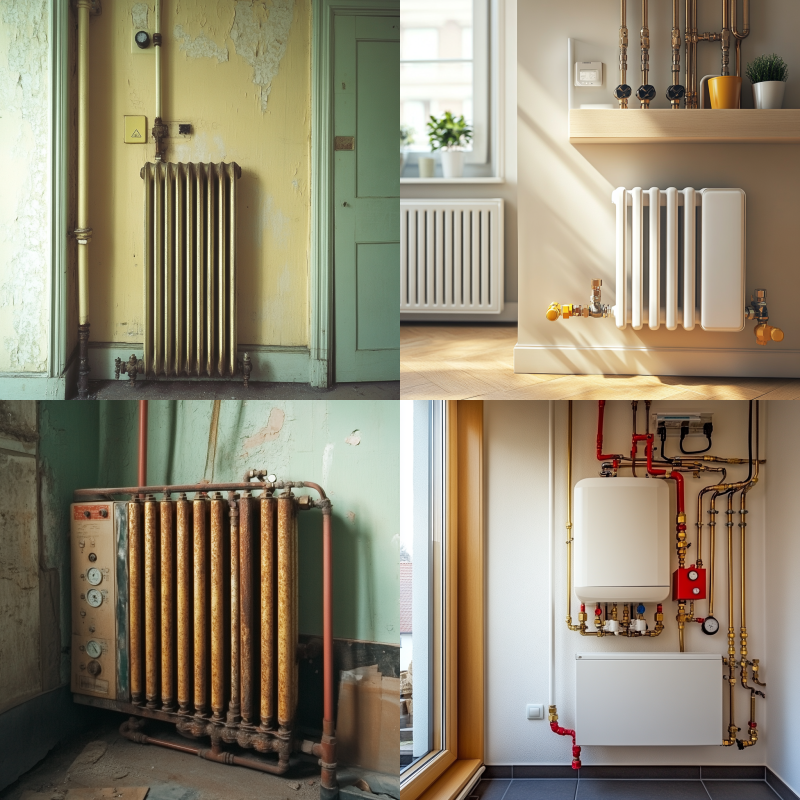
A faulty expansion vessel can cause your heating system to work inefficiently, leading to uneven heating or radiators that won’t warm up properly. The boiler may also cycle on and off more frequently due to pressure instability.
Understanding the causes of a faulty expansion vessel can help prevent failure. Common causes include:
To identify a faulty expansion vessel, here are steps you can follow:
A faulty expansion vessel can cause many issues within your central heating system, from poor pressure regulation to costly leaks and system failures. Regular inspections, proper maintenance, and early identification of symptoms like fluctuating pressure or leaks are essential for avoiding these problems.
If you suspect you have a faulty expansion vessel, it’s best to schedule an inspection with a certified technician to ensure your heating system stays efficient and safe.
Red River specializes in the design and manufacturing of pressure vessels. We also fabricate related items such as prefabricated spools and skid packages.
Reach out to us today and experience the Red River difference. Where American-made products and American Values come together, we care more.
Ignoring the problem can cause excessive pressure, triggering leaks or safety valves to open. This can lead to water damage, boiler lockouts, or even complete system failure.
Typically, an expansion vessel lasts between 5 to 10 years, depending on system use, water quality, and maintenance.
While you can check and top up the air pressure through the Schrader valve, full diagnosis and replacement should be left to professionals to avoid risks.
No. A faulty vessel risks over-pressurizing the system, which can damage your boiler and create safety hazards.
Replacement costs vary but generally range from £100 to £300, including labor and parts.
The standard air pressure charge is usually between 0.75 to 1.5 bar, adjusted for your specific system’s height and size.
It can, especially if your system integrates hot water and heating. Pressure issues may reduce water heating efficiency.
Most modern sealed systems do, but older open-vented systems might not have an expansion vessel.
If you want to learn more about maintaining your heating system and other plumbing advice, visit Red River Team’s blog for trusted, practical tips from industry experts.
In the realm of industrial solutions, Red River emerges as a pioneer, offering a diverse range of custom-engineered products and facilities. Among our specialties is the design and production of Custom/OEM Pressure Vessels, meticulously crafted to meet individual client requirements, ensuring performance under various pressure conditions. Our expertise extends to the domain of prefabrication, where Red River leads with distinction.
The company excels in creating prefabricated facilities, modules, and packages, reinforcing its stance as a forerunner in innovation and quality. This proficiency is further mirrored in their Modular Skids offering, where they provide an array of Modular Fabricated Skid Packages and Packaged equipment. Each piece is tailored to client specifications, underlining their commitment to delivering precision and excellence in every project they undertake.